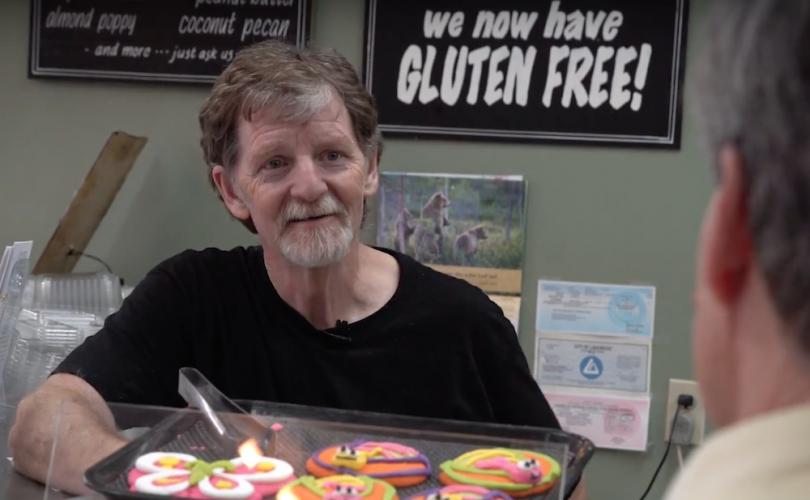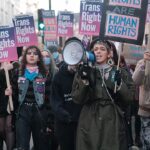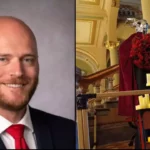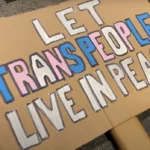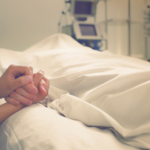Blog Post
Religious liberty would be over had U.S. Supreme Court ruled against Masterpiece Cakes
By Jonathon Van Maren
June 7, 2018 (LifeSiteNews) – The reactions to Monday’s Supreme Court decision for Jack Phillips of Masterpiece Cakeshops have been coming fast and furious from both sides of the political spectrum. The consensus developing on the Right seems to be suspicious celebration—the Court, after all, did not protect all religious liberty, but specifically ruled that this particular Colorado baker had been the victim of anti-religious discrimination. Thus, the precedent did not go nearly as far as most of us had hoped, and LGBT activists are surely gearing up to fight another day. Perhaps an elderly florist will make a better target.
That being said, I do think that those who are determined to find a black cloud on every silver lining are also underestimating the significance of this ruling. For starters, it must be noted that Christians needed to win this one. The ruling might not have been everything we hoped for, but a loss would have signaled the end of religious liberty in the United States, and a campaign to force opponents of gay “marriage” to involve themselves in celebrations of gay “weddings” would have commenced. Those who are harrumphing about the limits of the victory should pause to remember what would have happened had Phillips lost his case.
Additionally, this victory is more significant than some might think. As David French put it over at the National Review:
All bakers — regardless of religion — have the same rights and obligations. At the same time, gay and religious customers enjoy equal rights under state public-accommodation statutes. Any ruling the commission imposes will have to apply on the same basis to different litigants, regardless of faith and regardless of the subjective “offensiveness” of the message.
This is a severe blow to the state. It hoped for a ruling declaring that the cake wasn’t protected expression and a free-exercise analysis that simply ratified the public-accommodation law as a “neutral law of general applicability.” Such a ruling would have permitted the favoritism on display in this case. It would have granted state authorities broad discretion to elevate favored messages and suppress dissent, all while operating under the fiction that they weren’t suppressing protected expression or religious exercise.
Instead, civil-rights commissions now have to understand that restrictions on religious bakers will carry with them the same implied restrictions on secular bakers, and the protections given gay customers will extend on an equal basis to religious customers. In other words, the Court not only prohibited favoritism, it imposed a high cost on censorship.
Despite the fact that many smart conservatives have bemoaned the decision as a delay of the inevitable, French responded further by pointing out that many of the cases coming down the pipe are actually more favorable to us than the Masterpiece Cakeshop case, and that we may be looking at a very different Supreme Court soon. Essentially, Justice Anthony Kennedy rebuked the LGBT movement by stating, in no uncertain terms, that religious liberty was not just some pretext for bigotry and hatred as gay activists like to claim.
READ THE REST OF THIS COLUMN AT LIFESITENEWS.COM


